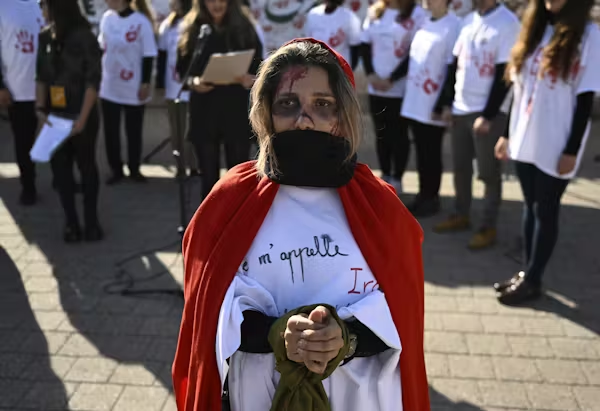The recent military strikes by Israel and the United States on Iran have left a deep emotional impact on the Iranian community in Canada. At least 935 people were killed, and over 5,300 were injured. While a ceasefire is now in place, the violence has deeply affected Iranians living far from home.
Many Iranian Canadians spent hours online during the conflict, checking for news and updates about loved ones back in Iran. For them, the war was not just a distant event. It was personal.
Preliminary interviews with 30 Iranian activists in Canada reveal strong emotional responses to the conflict. A large number reported feeling what they call “survivor’s guilt.” This feeling, often experienced by people far from war zones, arises from the sense of safety while others suffer.
These interviews are part of an academic study led by Fateme Ejaredar and supervised by Pallavi Banerjee. The research, involving both online and in-person interviews, aims to understand how the war has affected the Iranian diaspora in Canada. Seven of the interviews were follow-ups conducted after the fighting began on June 13, 2025.
The Iranian diaspora in Canada is diverse, but many are united in their opposition to the Islamic Republic of Iran. The community includes left-wing exiles, secular democrats, artists, journalists, former political prisoners, and human rights activists. These individuals have long worked to support democratic reforms and human rights in Iran.
For them, the war has been a time of emotional strain. Some worry about family members still living in Iran. Others fear the conflict could derail progress toward political freedom. The sense of helplessness from being far away has added to their distress.
Yet not everyone in the community sees the situation the same way. A separate group within the diaspora supports the monarchy that ruled Iran before the 1979 revolution. This group backs Reza Pahlavi, the son of Iran’s last shah. Some of them view the U.S. and Israeli strikes as a step toward freeing Iran from authoritarian rule.
This divide has deepened long-standing tensions within the Iranian community in Canada. While many push for peaceful, democratic change, others support foreign intervention as a way to remove the current regime. The recent war has reignited debates on what path Iran should take.
This disagreement is not new. But the latest conflict has made the differences more visible. Emotions are running high, and some activists say the divisions have become harder to ignore.
Despite these differences, one common theme remains: concern for the people of Iran. Whether they support peaceful reform or more drastic action, many members of the diaspora are united in their care for their homeland.
This shared concern has led to new efforts at dialogue. Some groups are trying to bring people together for community events and discussions. They hope to build understanding and reduce conflict within the diaspora.
As the ceasefire holds, the Iranian diaspora in Canada continues to watch closely. For many, the war has renewed their focus on the future of Iran. But it has also reminded them of their deep connection to a country they may no longer live in—but still call home.
Whether through activism, research, or simply staying informed, Iranian Canadians are finding ways to stay involved. The emotional toll is real, but so is their commitment to justice, freedom, and a better future for Iran.







